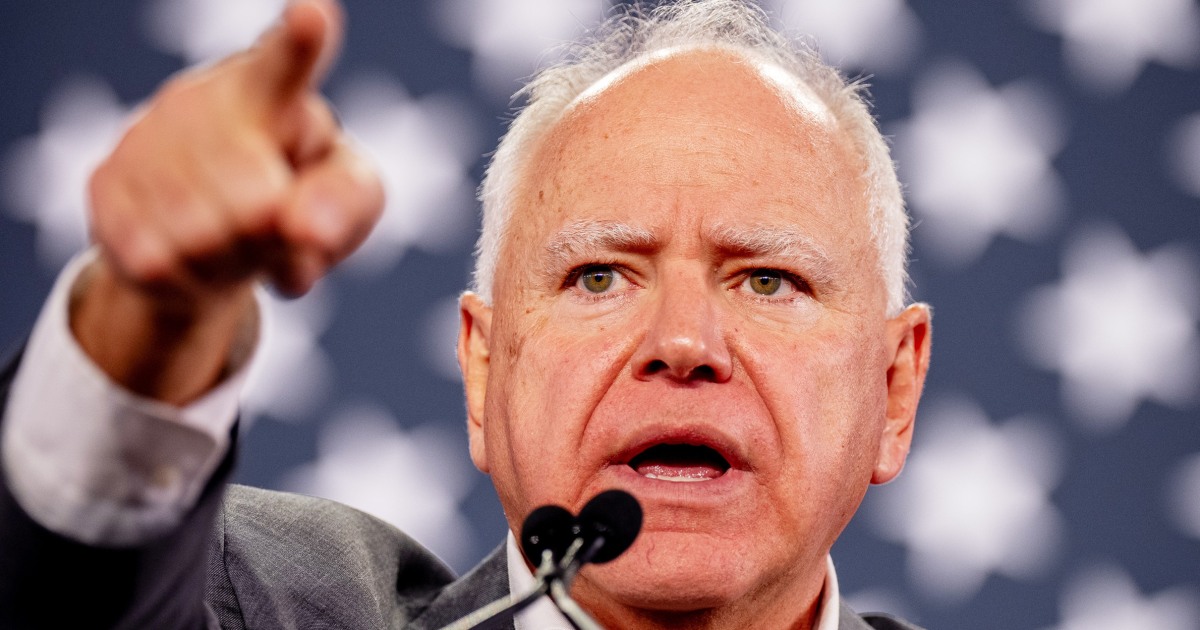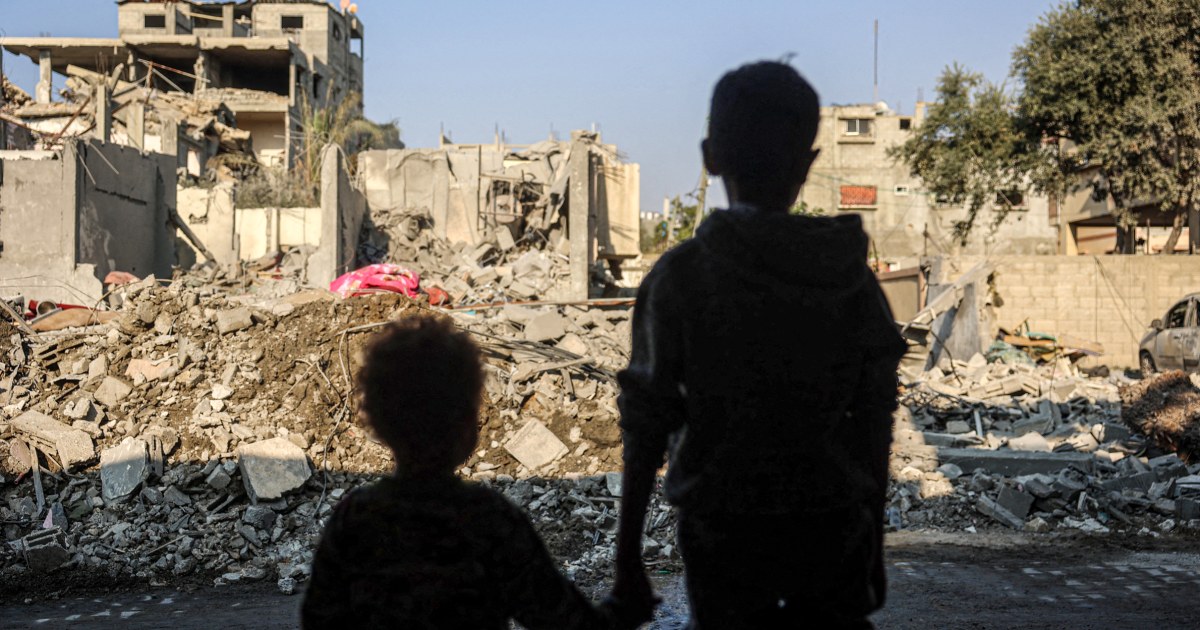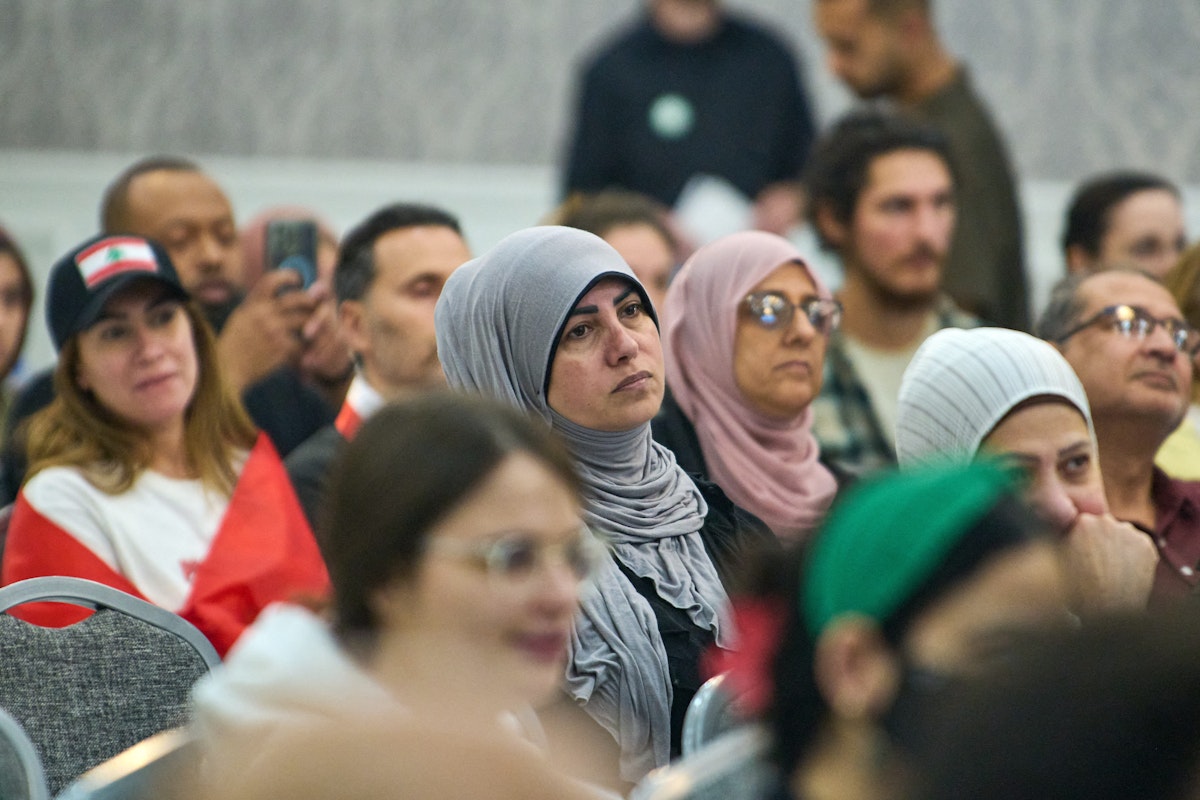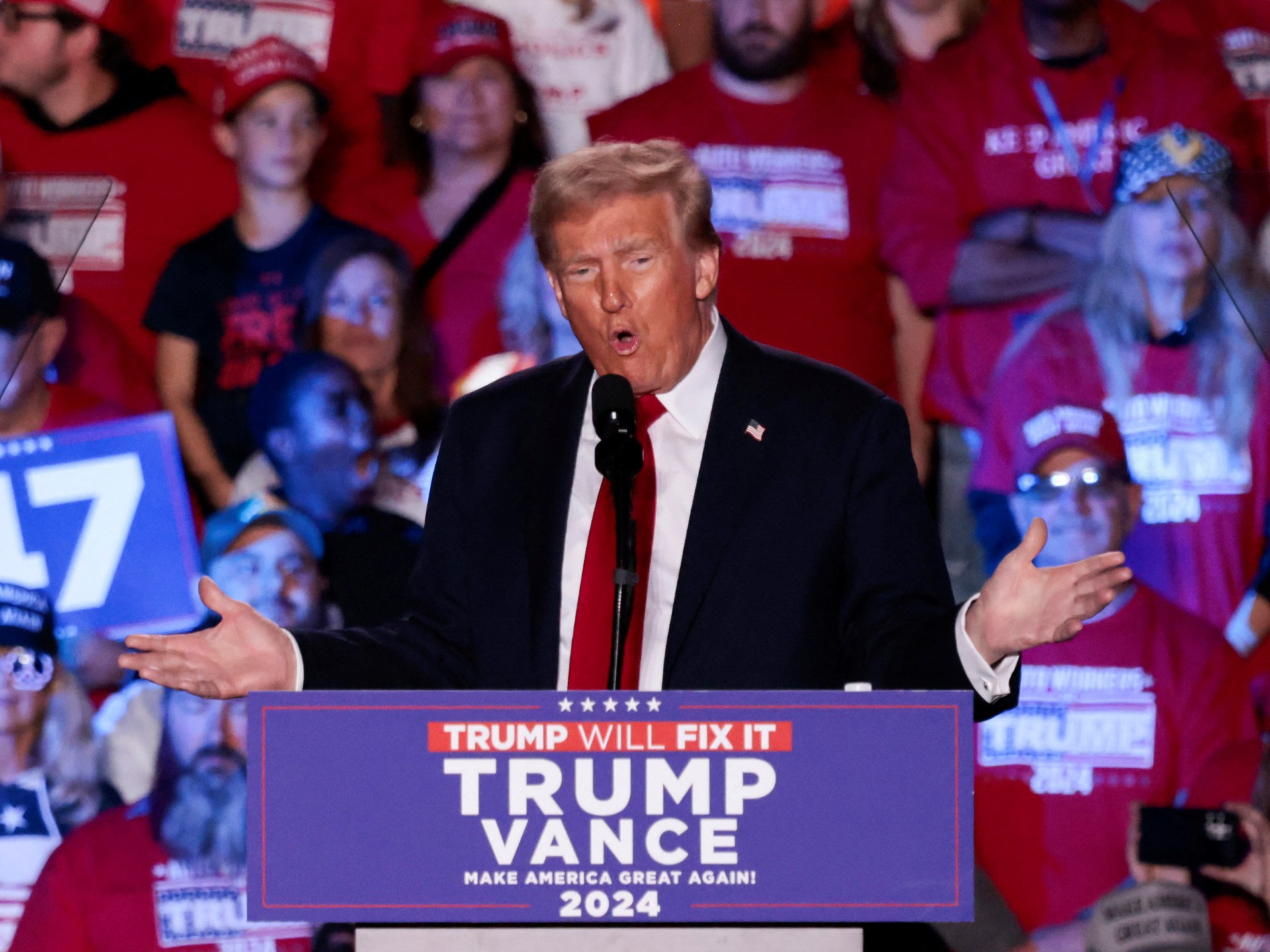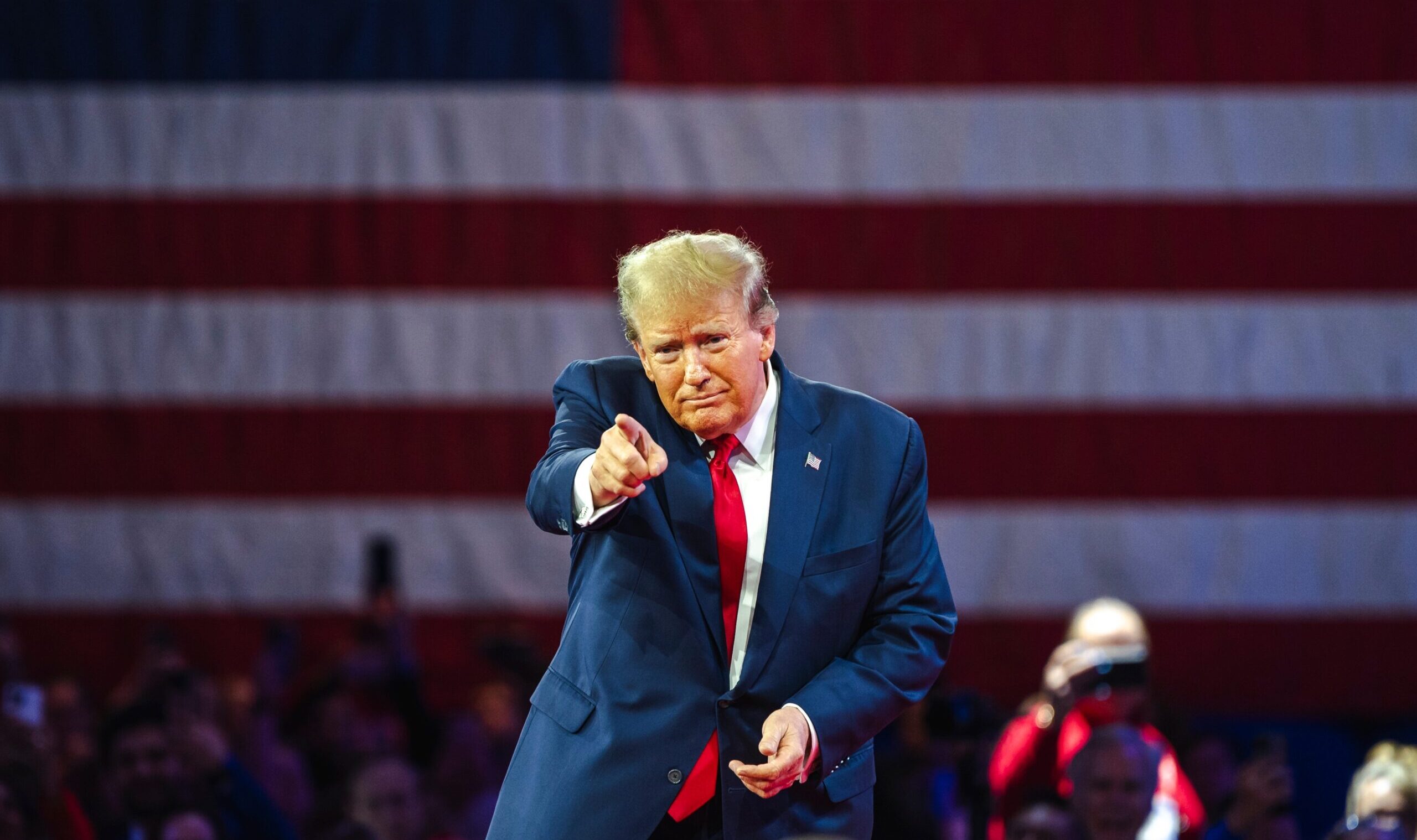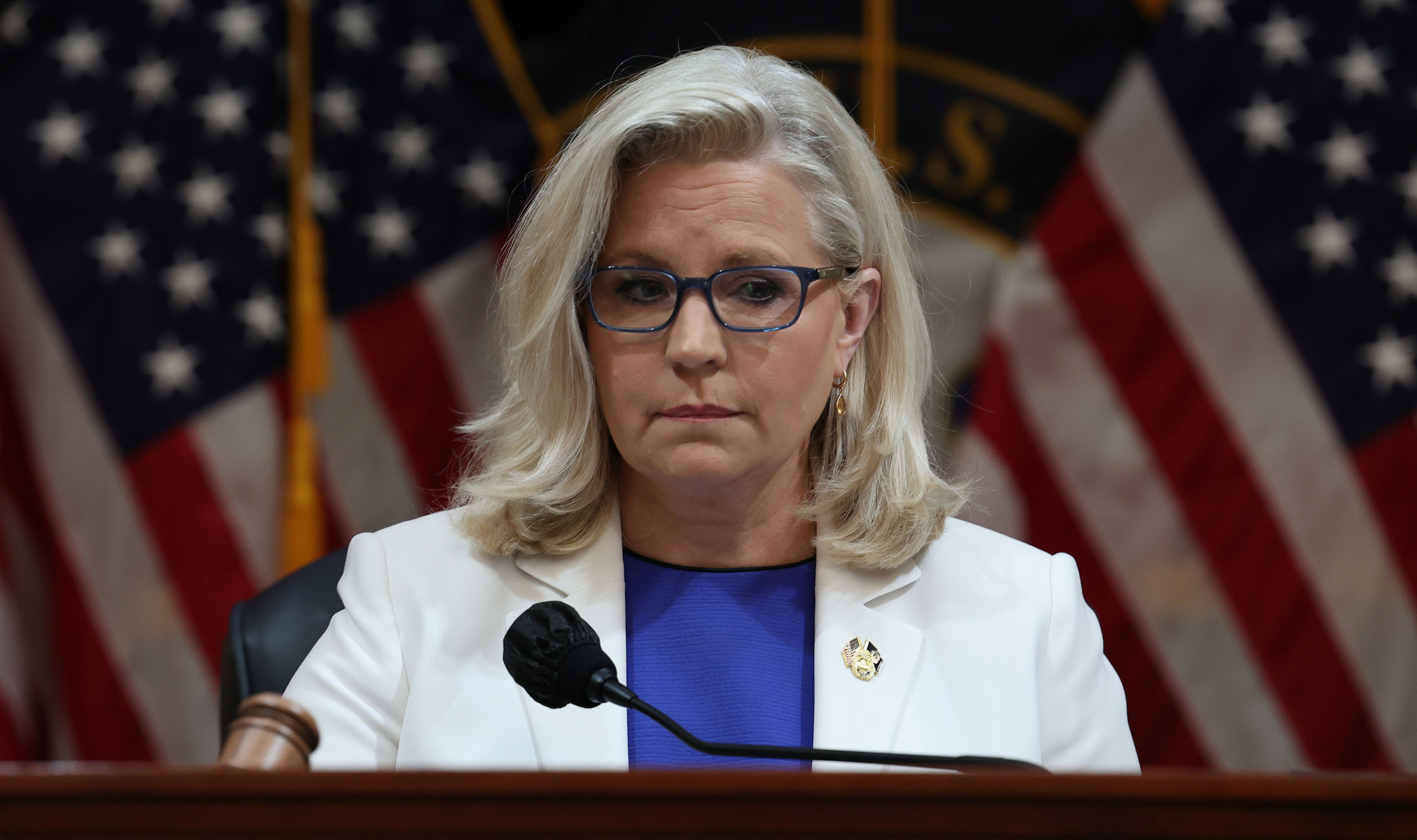Tim Walz Engages Muslim Voter Group Amid Concerns
Vice presidential candidate Tim Walz addressed a Democratic Muslim voter group Thursday night as the Harris campaign works to engage a group of voters who threaten to defect in large numbers over the Biden administration’s handling of the deteriorating situation in the Middle East.
The virtual event, organized by Emgage Action, which endorsed Vice President Kamala Harris last week, was the most direct pitch yet to conflicted Muslim and Arab voters from her or Walz.
The appearance, which coincided with the launch of a group called Arab Americans for Harris-Walz, comes after Harris’ top national security adviser met with Arab and Muslim community leaders.
Muslim Leaders Express Reservations About Harris
Separately, administration officials had a series of meetings in Washington with Lebanese American leaders about evacuating U.S. citizens from southern Lebanon, where at least one American was killed this week during Israel’s military campaign there.
You may be interested
Some speakers on Thursday’s call with Walz made it clear that their support for Harris comes with reservations, with one prominent Muslim Democrat saying voting for her was the “least bad thing.”
Walz, the governor of Minnesota, who is generally well-regarded among his state’s large Muslim population, vowed that a Harris-Walz administration would always have an open door, even if there’s disagreement.
Walz Addresses Muslim Concerns Amid Ongoing Conflict
“As-Salaam-Alaikum,” Walz said on the call, using the Arabic greeting, before he turned to the war on many Arab and Muslim voters’ minds.
“I know the pain of this community is deep. Our hearts are broken,” he said of Israel’s war in Gaza and its recent attacks on Lebanon. “This war must end, and it must end now. The vice president’s working every day to ensure that, to make sure Israel secures itself, the hostages are home, the suffering in Gaza ends now, and the Palestinian people realize the right to dignity, freedom and self-determination.”
Walz warned about former President Donald Trump’s so-called Muslim ban and pledged that a Harris-Walz administration would combat Islamophobia and make a “commitment that Muslims will be engaged in this administration and serve side by side.”
Arab and Muslim voters have overwhelmingly voted for Democrats in recent elections. But President Joe Biden’s support for Israel and the perceived lack of outreach and policy concessions from the Harris campaign have led many Muslim and Arab voters to say they’re not sure they can support Harris in November.
Low turnout or support from the demographic could have an impact in battleground states with large Muslim and Arab populations, especially Michigan, which is seen as a must-win for Harris.
At the Democratic National Convention in August, party officials denied a request from anti-war delegates elected on the Uncommitted slate to have a Palestinian American speak about the suffering in Gaza, leaving activists fuming. Some Muslim activists and elected officials they say are disappointed to have heard little from the Harris campaign since then.
During the campaign, some disaffected Muslim and Arab voters have flocked to third-party candidates like Jill Stein and Cornel West, both of whom picked Muslim running mates and have courted pro-Palestinian voters. Others say they will stay home on Election Day. A smaller number have endorsed Trump to punish Democrats, including the mayor of Hamtramck, Michigan — the first U.S. city to elect an all-Muslim government.
Muslim Voters Face Dilemma in Upcoming Election
“We understand that some Muslim voters, any voter, may feel a moral dilemma voting for [Harris]. I do. My family does,” said Wa’el Alzayat, the CEO of Emgage Action. “But a vote for a third-party candidate is the road to victory for Donald Trump.”
Emgage’s national organizing director, Mohamed Gula, said he understood that some on the call might be offended by the group’s decision to support Harris.
“We knew when we made the decision that we made that it would not be a popular decision,” he said. “There were days where we questioned [it] — and even up to today, we’re still struggling with it, with every conversation we have, with every text, with every door, with every call, with everything.”
But all the speakers said that despite their conflicted feelings, Trump would be worse for Palestinians and all the other issues Democrats care about.
Minnesota Attorney General Keith Ellison, who was the first Muslim elected to Congress, drew a distinction between Harris and Biden that Harris has been reluctant to draw herself.
“Kamala Harris is not the president of the United States. She cannot decide for President Biden” he said, noting her limited powers under the Constitution.
Harris has made some comments seen as more sympathetic to the Palestinian cause than Biden has, but so far she has declined to show any distance from him on policy.
“We have to convince our friends and relatives that the best chance for peace is with Harris-Walz,” Ellison said, adding that Harris is a good listener who is “able to change her mind.”
“We have to do what is the least bad thing or the best thing for our community,” he said as he concluded his remarks.
Advocates Urge Support for Harris Despite Concerns
Former Rep. Andy Levin, D-Mich. — who said this may be the first time in his career that he has done a public event during Rosh Hashanah, the Jewish new year — offered to give his cellphone number to anyone who needs convincing to vote for Harris.
“We cannot assume that she’s going to be great on this,” he said of Harris’ Middle East policy. “So we’re going to have to fight for justice for Palestine, but we have solid ground to stand on if we’re fighting for it with Kamala Harris and Tim Walz in the White House, and we’re just in quicksand if Donald Trump [wins].”
Rep. Ro Khanna, D-Calif., a progressive who has criticized the Biden White House’s handling of Israel, was more pointed.
“There is no doubt in my mind that Donald Trump will give carte blanche to [Israeli Prime Minister Benjamin] Netanyahu,” Khanna said. “The Palestinian people will be a complete afterthought.”

